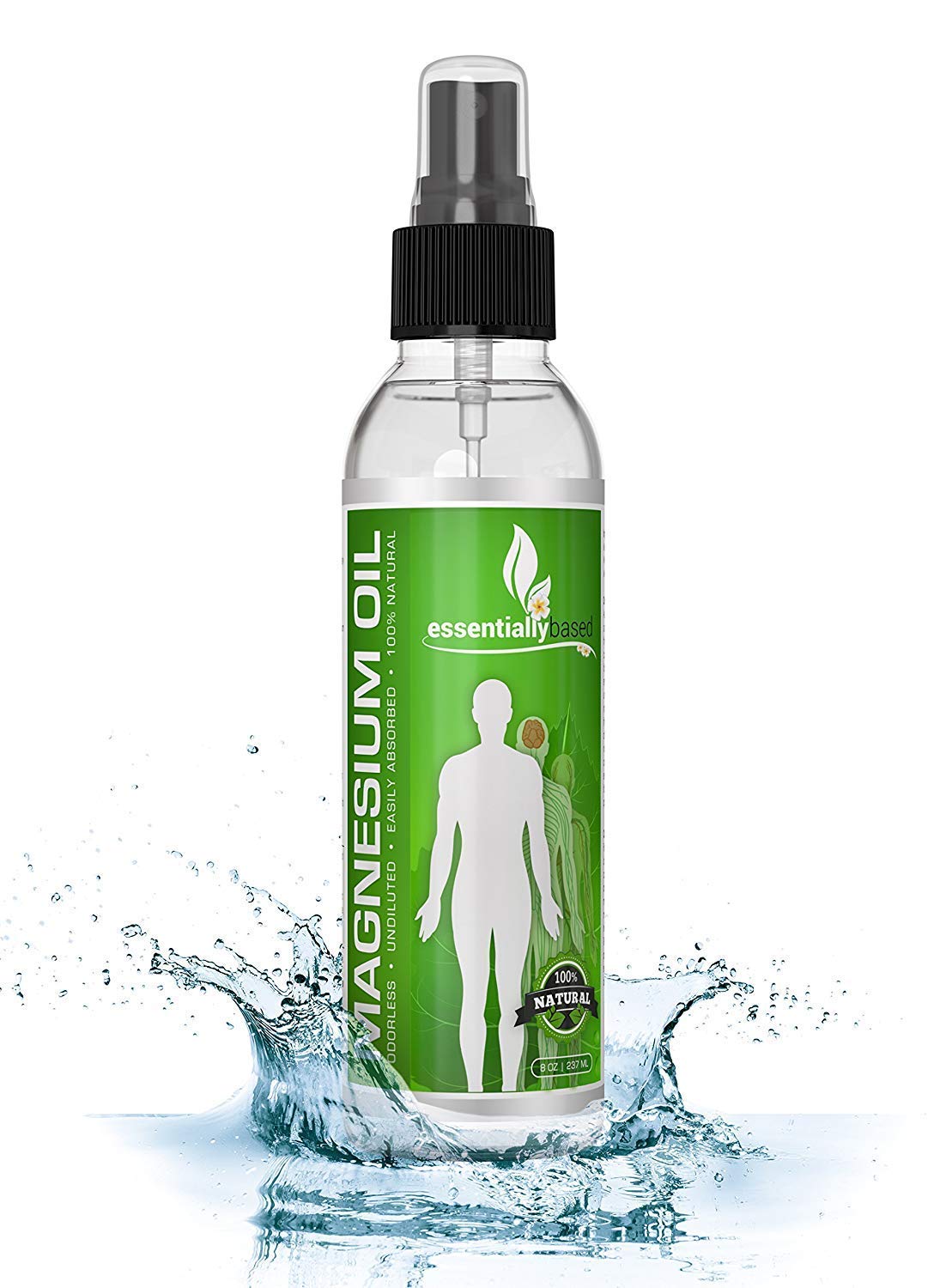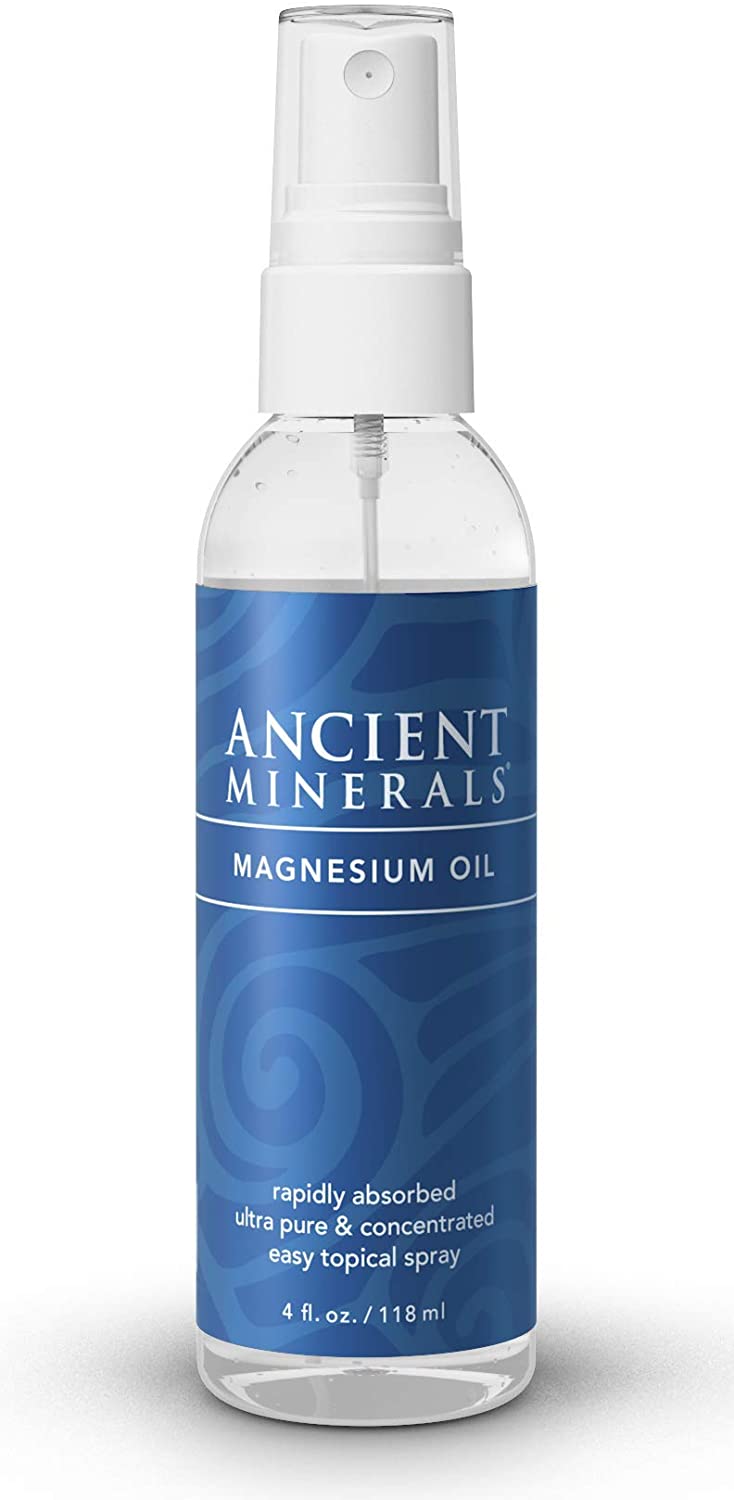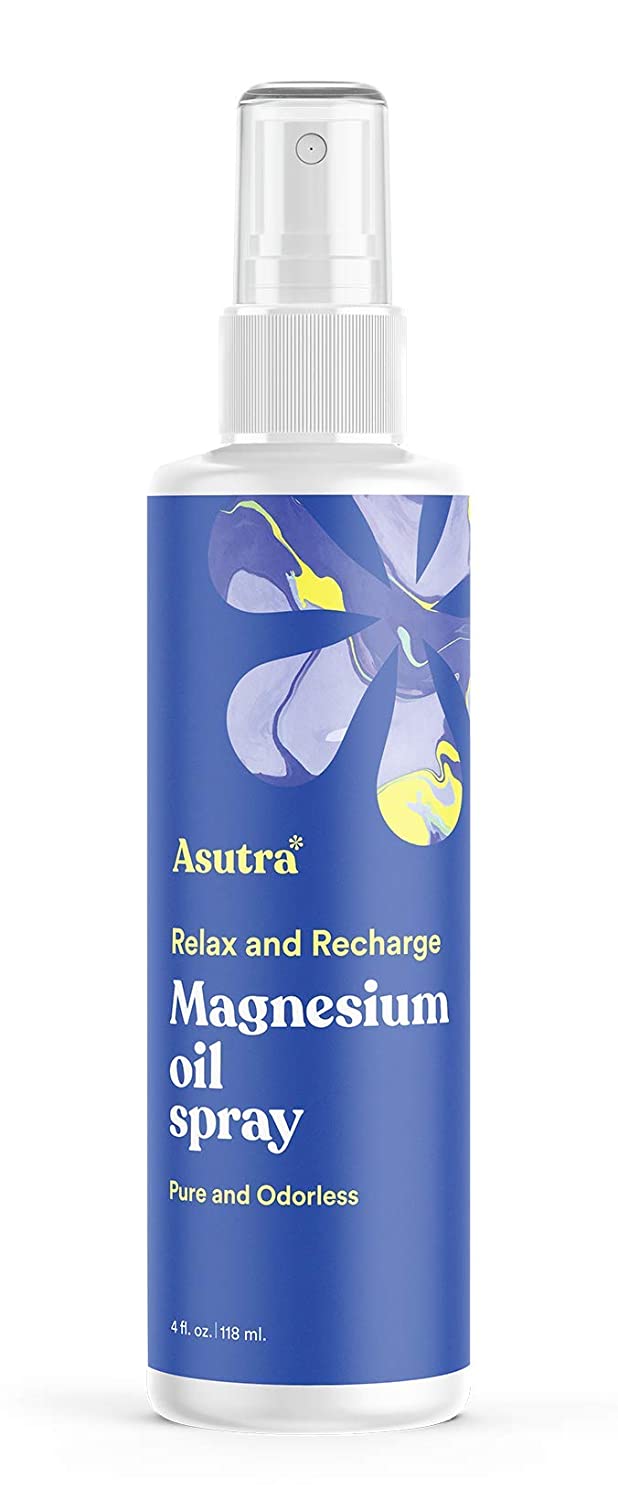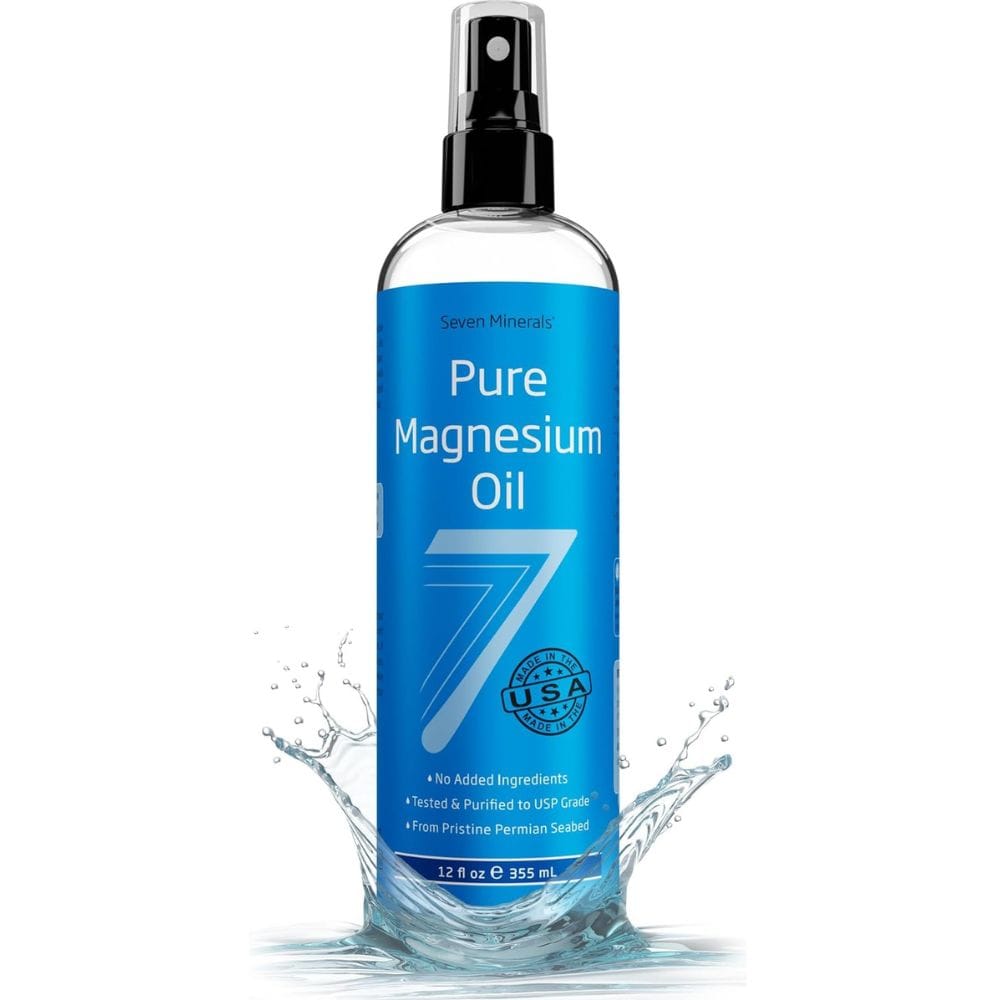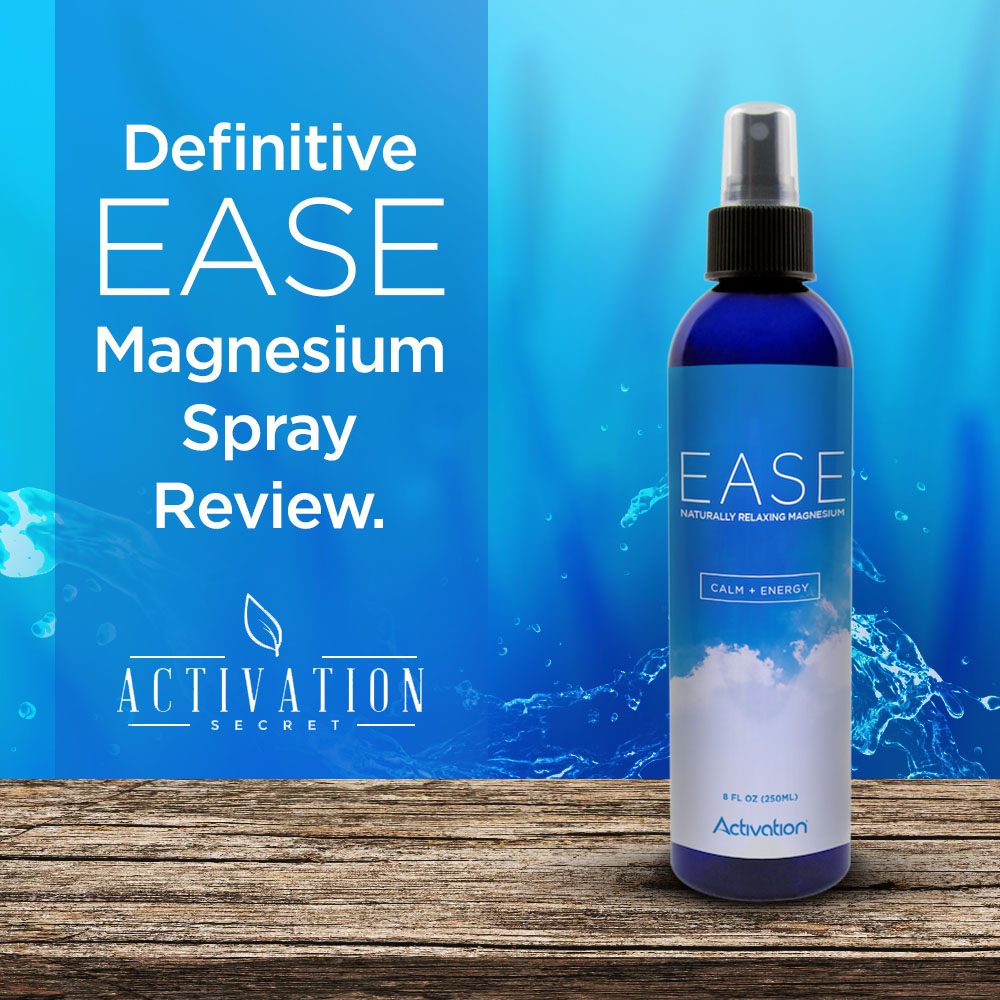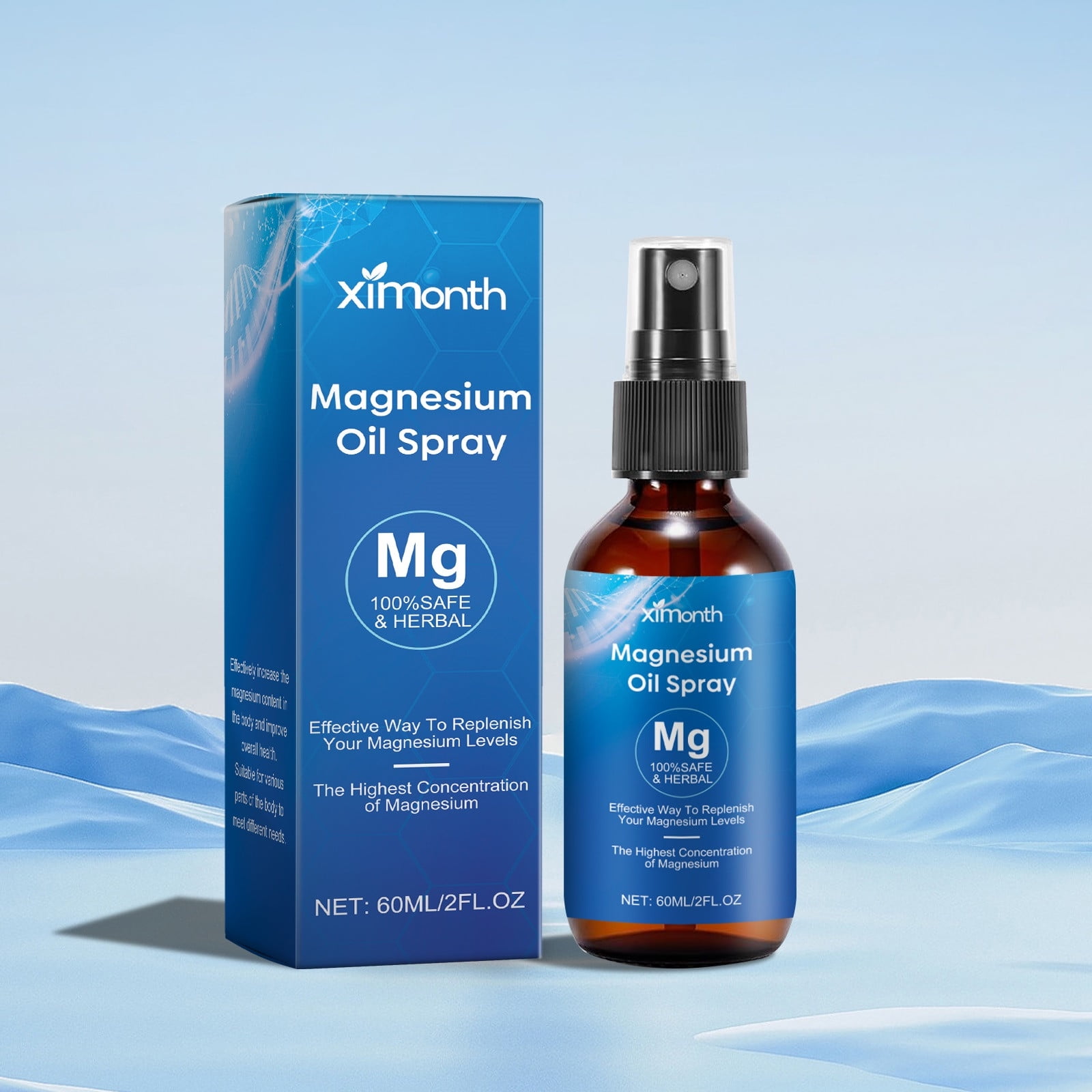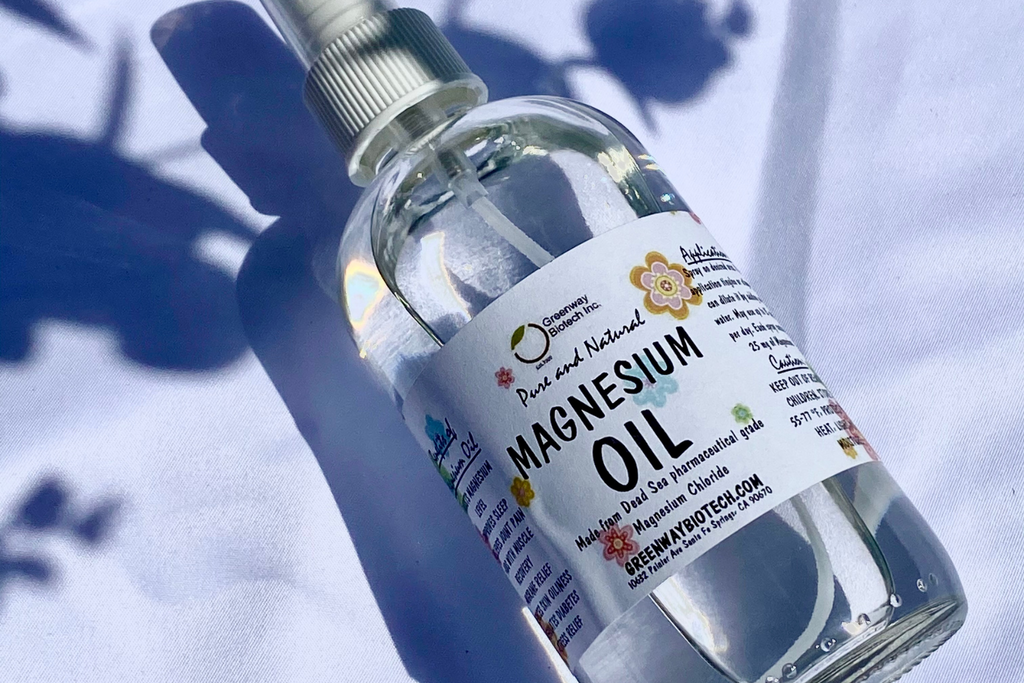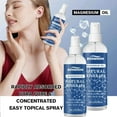What Is The Best Magnesium Spray

The quest for optimal health often leads individuals down a winding path of supplements and alternative therapies. Among these, magnesium, a vital mineral involved in hundreds of bodily functions, has gained considerable attention. More recently, magnesium spray has emerged as a popular method for purportedly boosting magnesium levels, sparking widespread debate about its efficacy and optimal use.
This article delves into the world of magnesium sprays, exploring their composition, potential benefits, scientific evidence, and factors to consider when choosing the best product. It aims to provide a balanced and informed perspective on whether these sprays live up to the hype, offering readers the knowledge to make educated decisions about their health and wellness routines.
Understanding Magnesium and Its Importance
Magnesium plays a crucial role in various physiological processes. These include muscle function, nerve transmission, blood sugar control, and blood pressure regulation. Deficiency, often subtle, can manifest as muscle cramps, fatigue, and even more serious health concerns.
The Recommended Dietary Allowance (RDA) for magnesium varies depending on age and sex, typically ranging from 310 to 420 mg per day for adults, according to the National Institutes of Health (NIH). Many individuals fail to meet this requirement through diet alone, leading them to explore supplementation options.
Magnesium Sprays: A Transdermal Approach
Magnesium sprays contain magnesium chloride or magnesium oil dissolved in water. The marketing claim centers on transdermal absorption, suggesting direct uptake through the skin, bypassing the digestive system. This purportedly leads to better bioavailability and fewer gastrointestinal side effects often associated with oral magnesium supplements.
The Science Behind Transdermal Absorption
The concept of transdermal magnesium absorption is not without its critics. Limited research exists on the extent to which magnesium can effectively penetrate the skin in sufficient quantities to significantly impact overall magnesium levels.
One study published in the Journal of the American College of Nutrition indicated that transdermal application could increase cellular magnesium levels. However, the study's small sample size and methodological limitations warrant caution.
Conversely, some dermatologists argue that the skin's primary function is to act as a barrier, making significant absorption of magnesium through the skin unlikely. More robust, large-scale studies are needed to definitively prove the efficacy of magnesium sprays.
Factors to Consider When Choosing a Magnesium Spray
If considering a magnesium spray, several factors should be taken into account. These factors help ensure a safe and potentially beneficial experience. Ingredient quality, concentration, and third-party testing are crucial.
Ingredient Quality and Concentration
The source of magnesium chloride matters. Look for sprays derived from natural sources, such as ancient seabed deposits, and avoid those containing unnecessary additives or fragrances that could irritate the skin. The concentration of magnesium chloride also varies between products.
Higher concentrations may lead to a stronger stinging sensation upon application, particularly for individuals with sensitive skin. It's advisable to start with a lower concentration and gradually increase it as tolerated.
Third-Party Testing and Certifications
Select sprays that have undergone third-party testing for purity and potency. This ensures that the product contains the claimed amount of magnesium and is free from harmful contaminants, such as heavy metals.
Certifications from reputable organizations like the NSF International or USP (United States Pharmacopeia) can provide added assurance of product quality and safety.
User Reviews and Experiences
While anecdotal evidence should be interpreted with caution, user reviews can provide valuable insights into real-world experiences with different magnesium sprays. Pay attention to comments about skin irritation, effectiveness, and overall satisfaction. Remember, individual responses can vary greatly.
Potential Benefits and Uses
Advocates of magnesium sprays suggest a range of potential benefits. Muscle relaxation, improved sleep, and reduced anxiety are the most commonly cited.
Many athletes use magnesium sprays to alleviate muscle soreness and cramps after strenuous activity. The application can be targeted to specific areas of discomfort, offering localized relief.
Some individuals also report that magnesium sprays help improve sleep quality by promoting relaxation and reducing restless legs syndrome symptoms. However, these claims require further scientific validation.
Addressing Potential Risks and Side Effects
While generally considered safe for topical use, magnesium sprays can cause side effects in some individuals. These include skin irritation, itching, and a stinging sensation, particularly with higher concentrations.
It's crucial to perform a patch test on a small area of skin before applying the spray more broadly. Discontinue use if any adverse reactions occur. Individuals with kidney problems should consult their doctor before using magnesium sprays, as impaired kidney function can affect magnesium regulation.
Excessive absorption of magnesium, though rare with topical application, can lead to magnesium toxicity. This can manifest as diarrhea, nausea, and muscle weakness. Always adhere to the recommended dosage instructions.
The Verdict: Are Magnesium Sprays Worth It?
The effectiveness of magnesium sprays remains a subject of ongoing debate. While anecdotal evidence and some limited studies suggest potential benefits, more robust scientific evidence is needed to definitively prove their efficacy.
Individuals experiencing magnesium deficiency symptoms may find magnesium sprays a convenient alternative to oral supplements, particularly if they experience gastrointestinal side effects. However, they should not be considered a replacement for a balanced diet and other recommended medical treatments.
Ultimately, the decision of whether to use a magnesium spray is a personal one. Consider individual needs, potential risks, and consult with a healthcare professional to determine if it's appropriate for your specific circumstances. It's prudent to maintain a healthy skepticism and await further research to fully elucidate the benefits and limitations of this transdermal approach to magnesium supplementation.
